With WWDC (and, presumably, iOS 10’s debut) weeks away, Apple has revealed that 84 percent of possible users are now upgraded to iOS 9, currently the latest version of its mobile OS.
For those keeping track at home, not only is that an extra 4 percent increase from the numbers announced at Apple’s iPhone SE launch event in March, but it also puts Android’s fragmented adoption figures to shame.
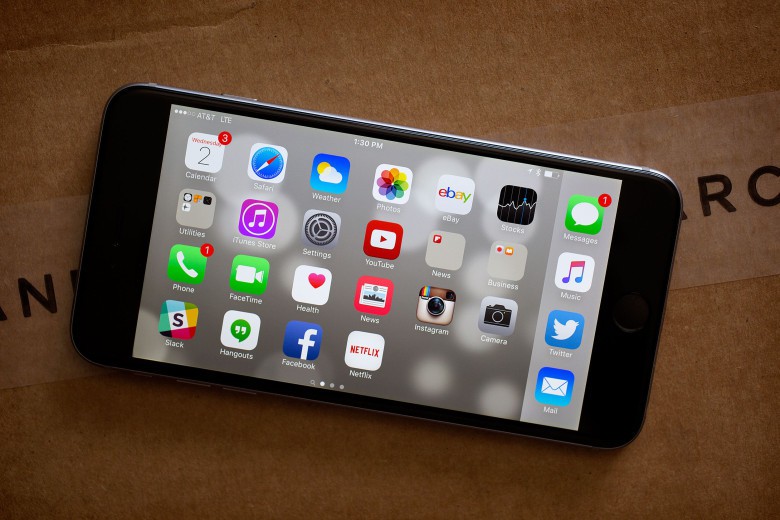

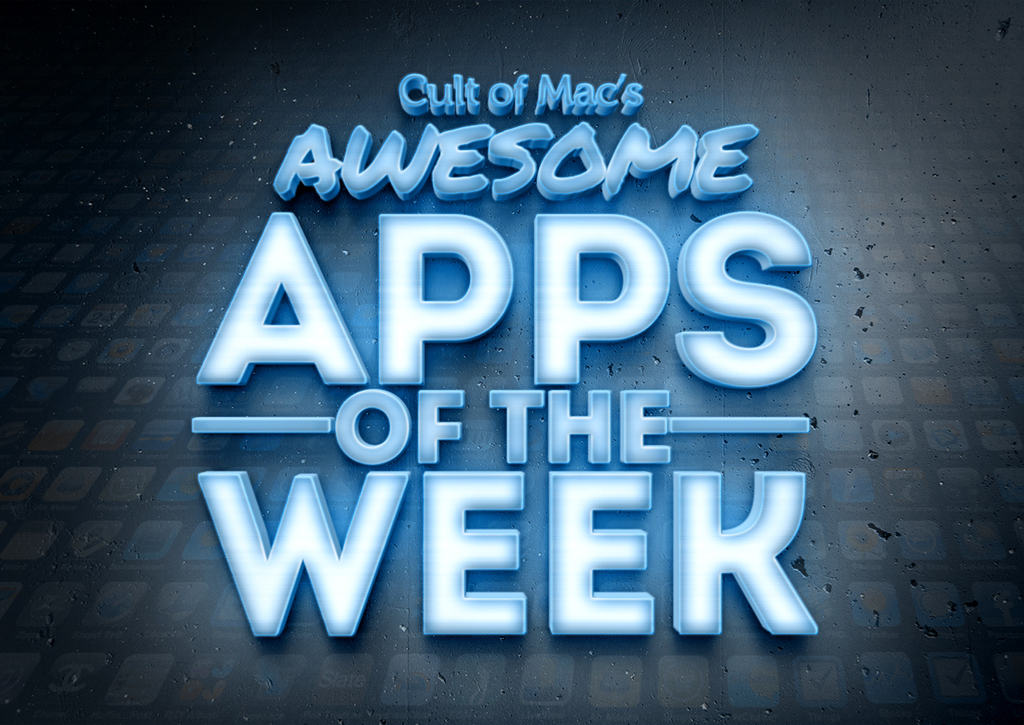
![From iPhone lens kits to waterproof smartwatches, the latest deals at Cult of Mac [Deals] These 3 lenses will up your iPhone camera game into DSLR territory](https://www.cultofmac.com/wp-content/uploads/2016/05/a8943d0b6194d6f8bec72f5d854916019983b0e5_main_hero_image.jpg)
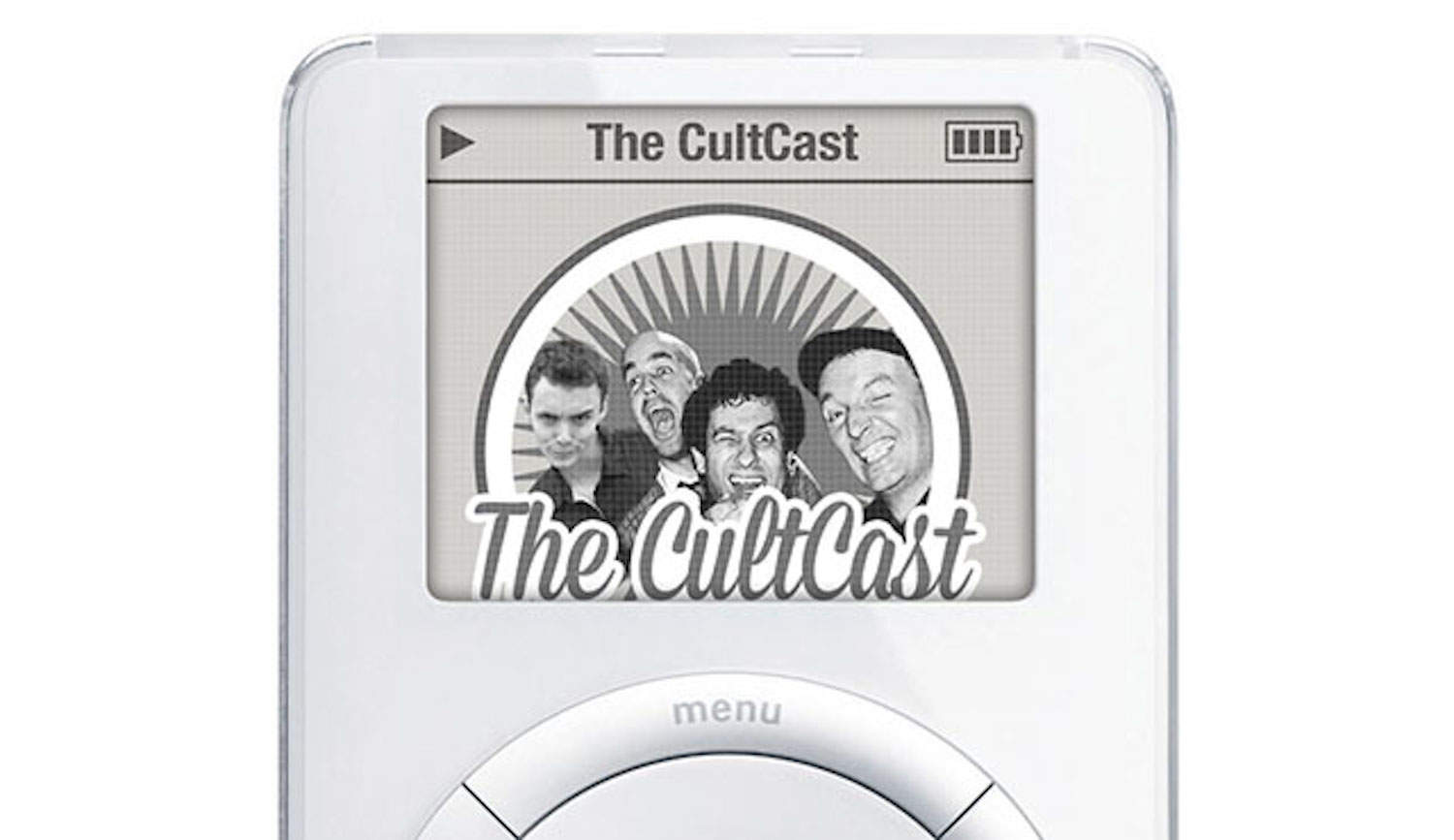
![From iOS storage to coding classes: Cult of Mac’s best deals this week [Deals] DUO adds 64 gigs of space to your iOS device, and lets you transfer data effortlessly.](https://www.cultofmac.com/wp-content/uploads/2016/05/6b1905cfa3e7f300dad88774f993f1d5cc5a39d9_main_hero_image-1.jpg)
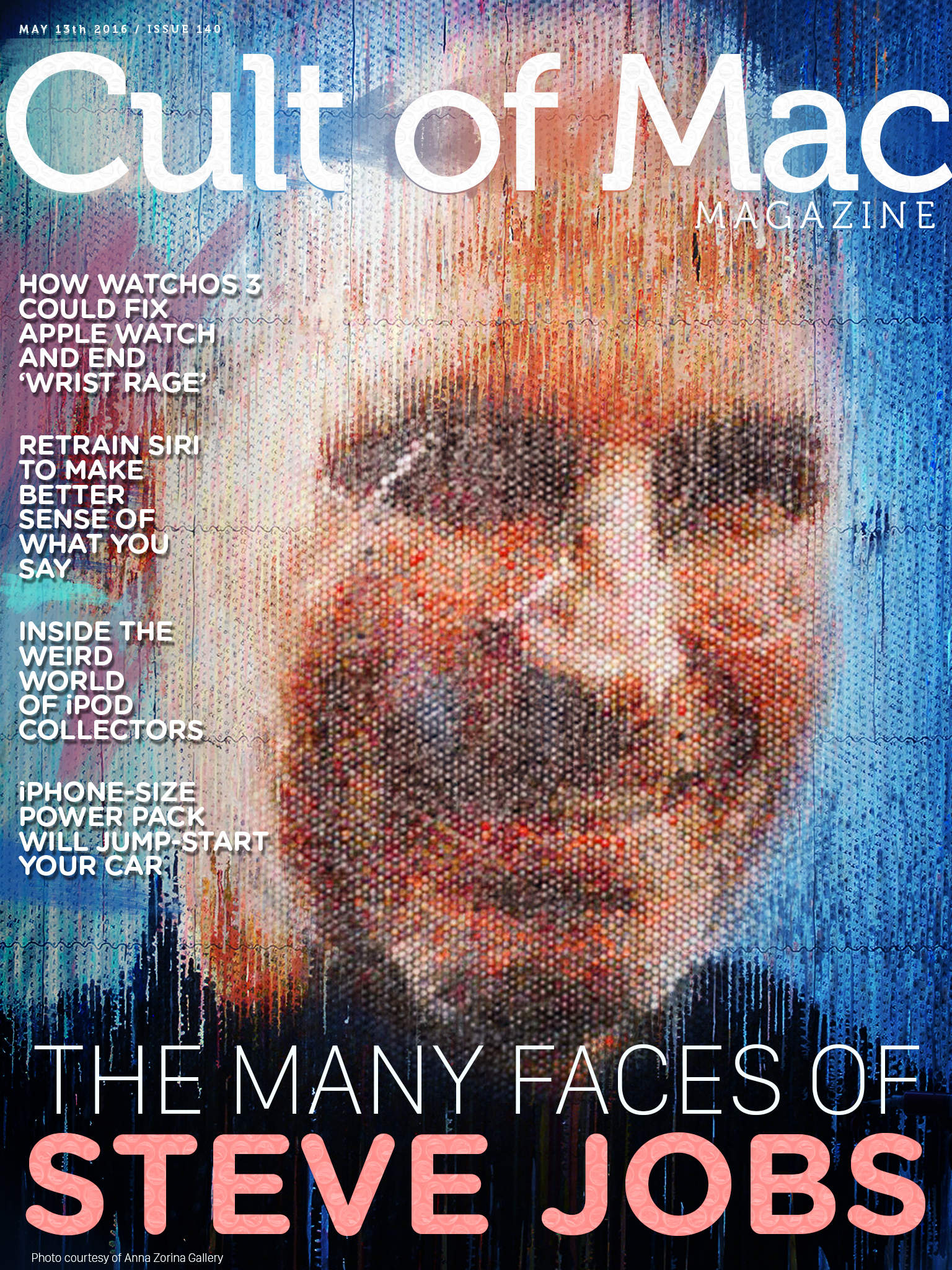
![Should Apple kill off iTunes music downloads? [Friday Night Fights] fnf](https://www.cultofmac.com/wp-content/uploads/2016/05/fnf.jpg)

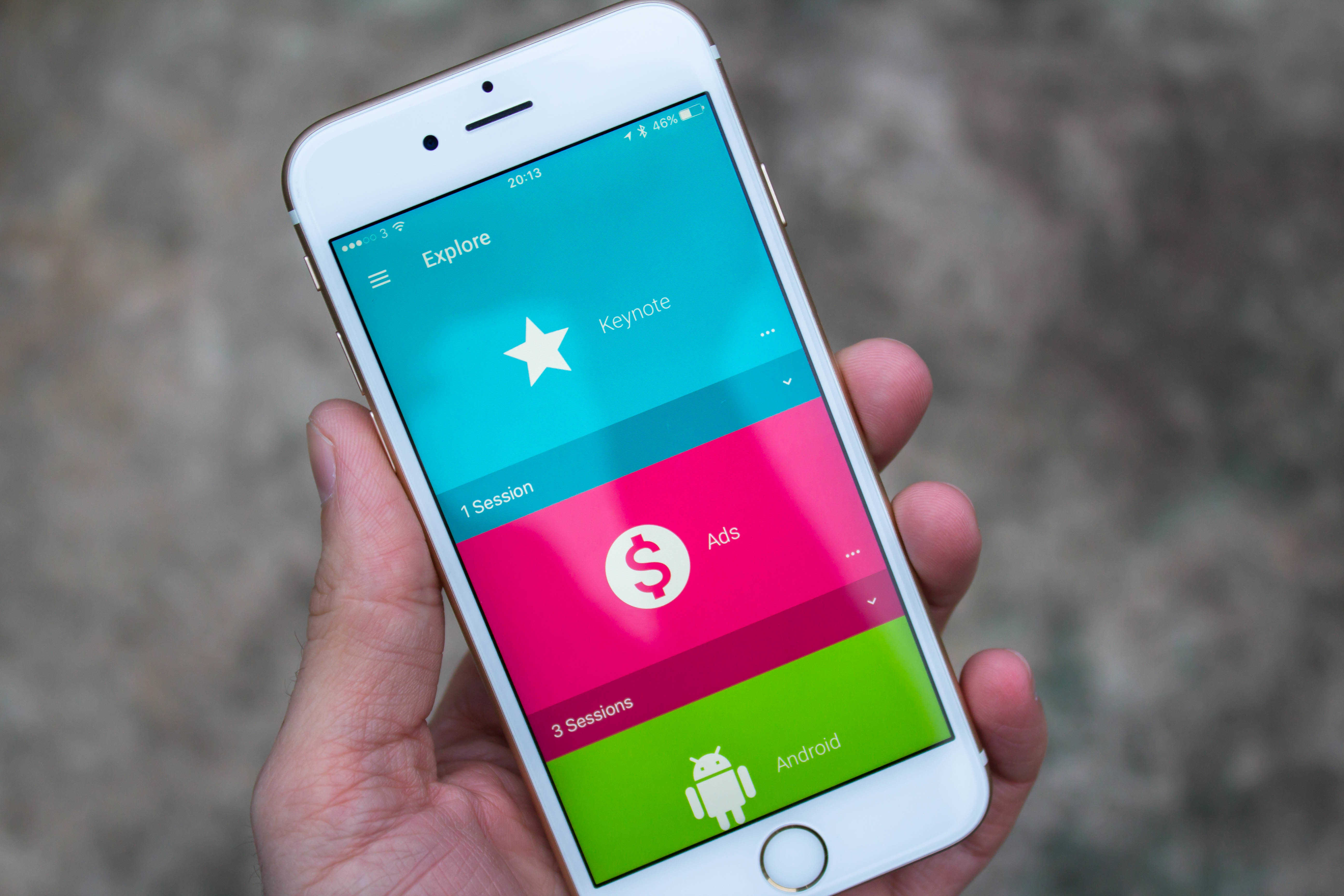

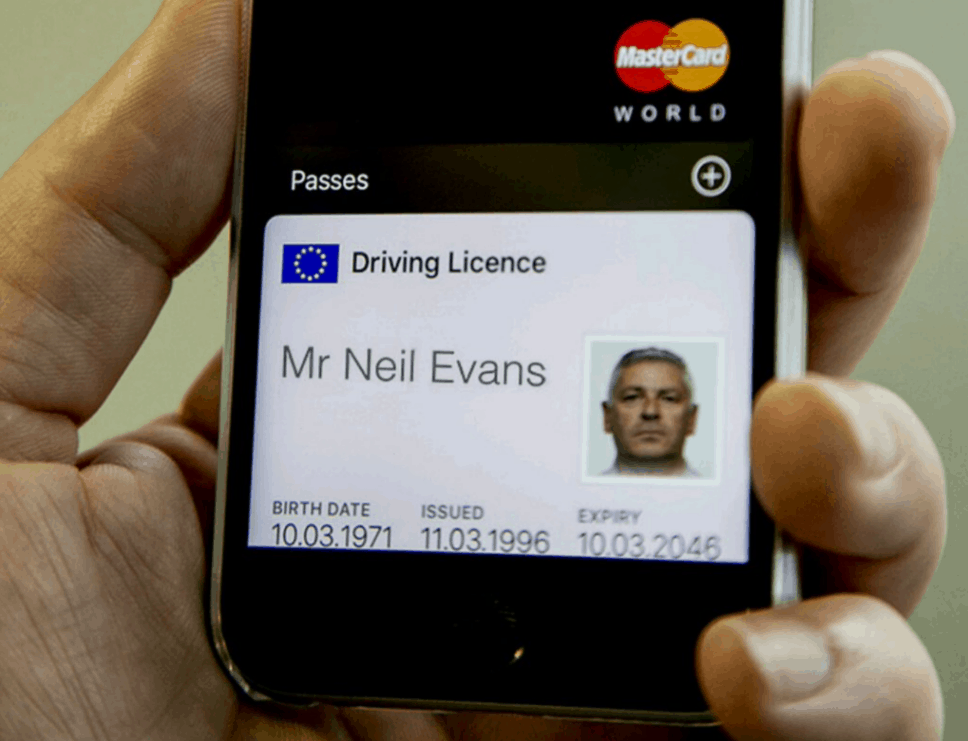
![Aluminum charging stand will elevate your Apple Watch [Reviews] Your Apple Watch will thank you for keeping it above the mess.](https://www.cultofmac.com/wp-content/uploads/2016/04/Satechi-Aluminum-charging-stand.jpg)
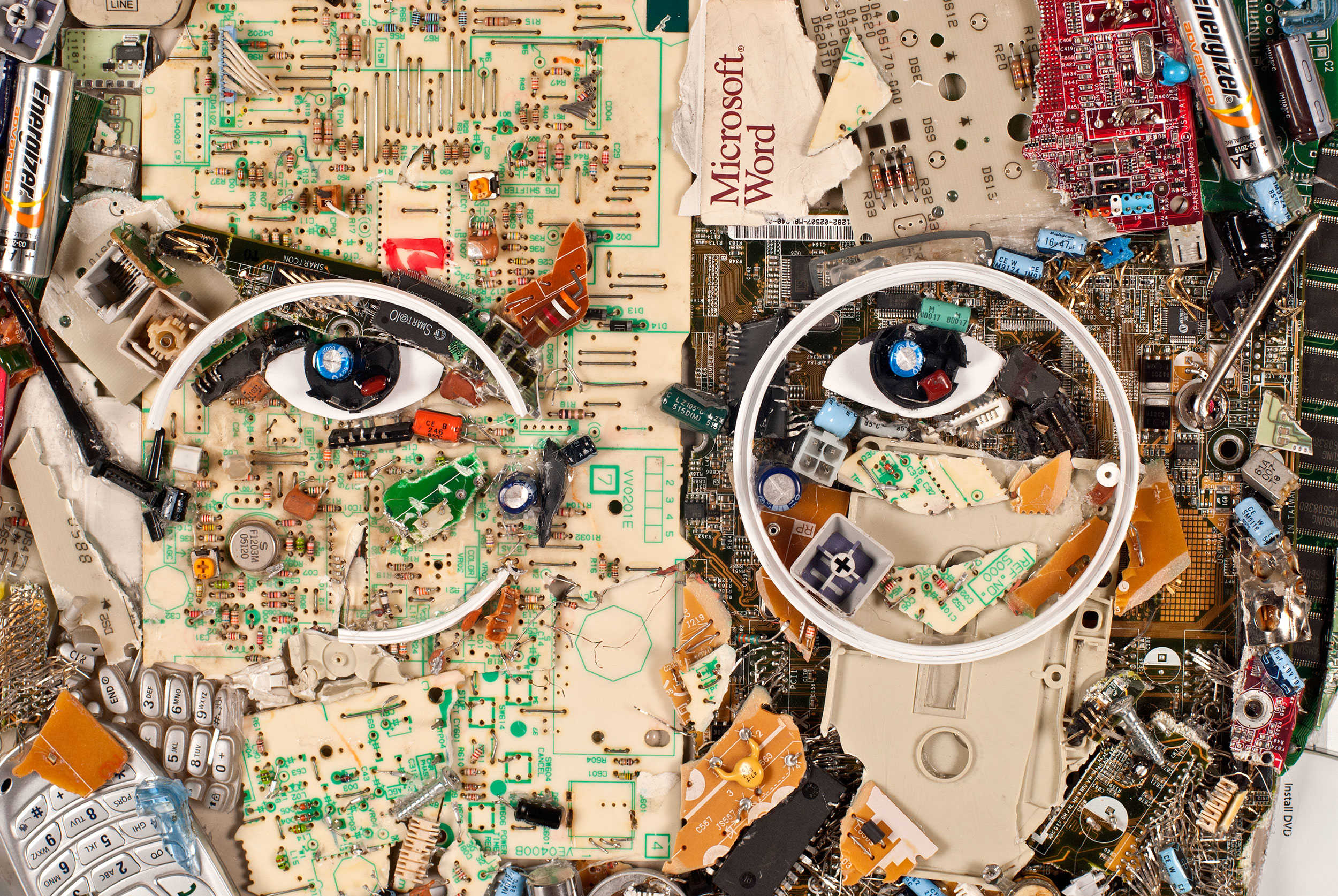

![Don’t risk a DUI — these gadgets make sure you’re good to drive [Deals] This tiny breathalyzer can save you from getting into big trouble.](https://www.cultofmac.com/wp-content/uploads/2016/05/d8b083bba03ea8ffc7e206c7febb3dff5f3de779_main_hero_image.jpg)
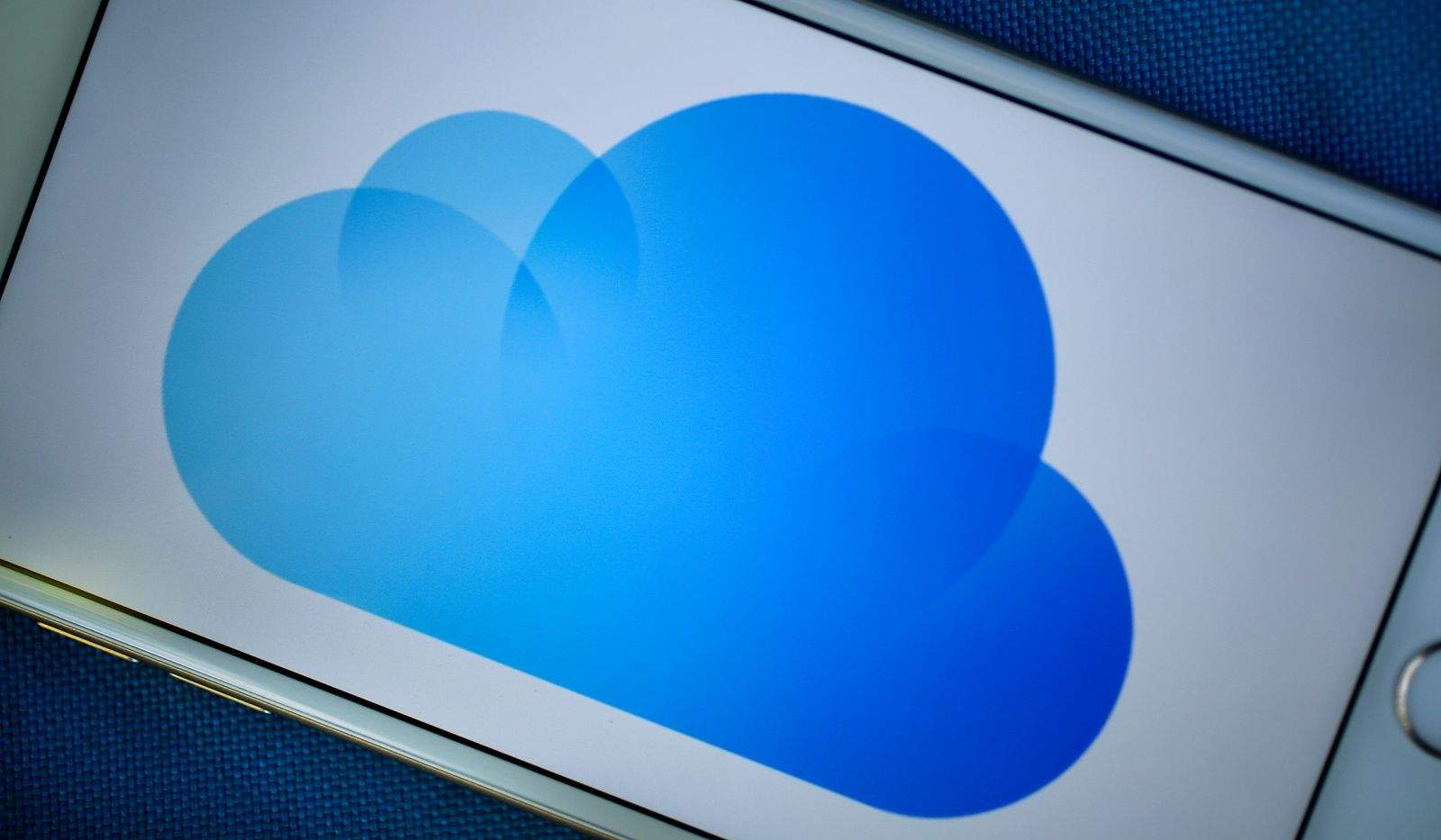
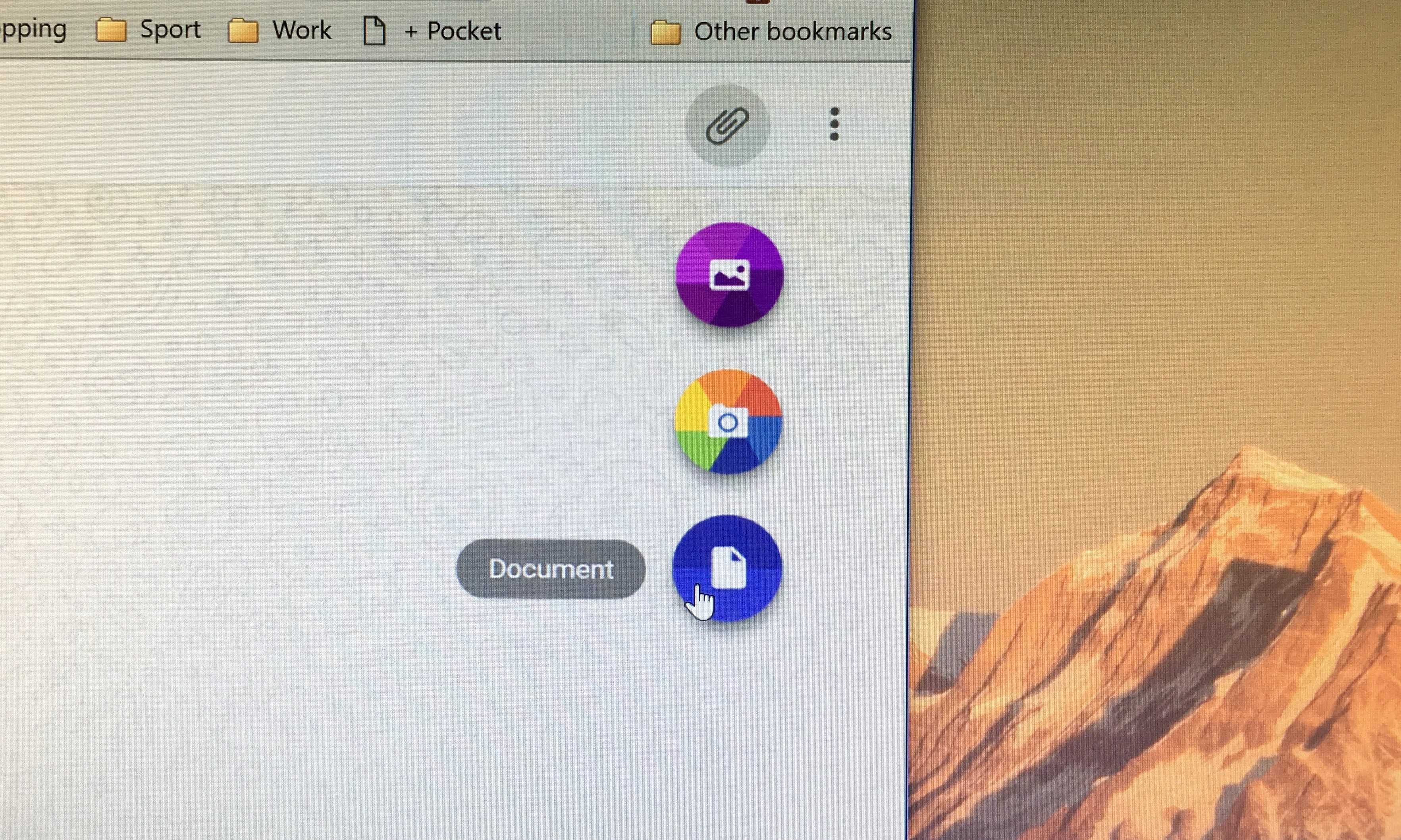
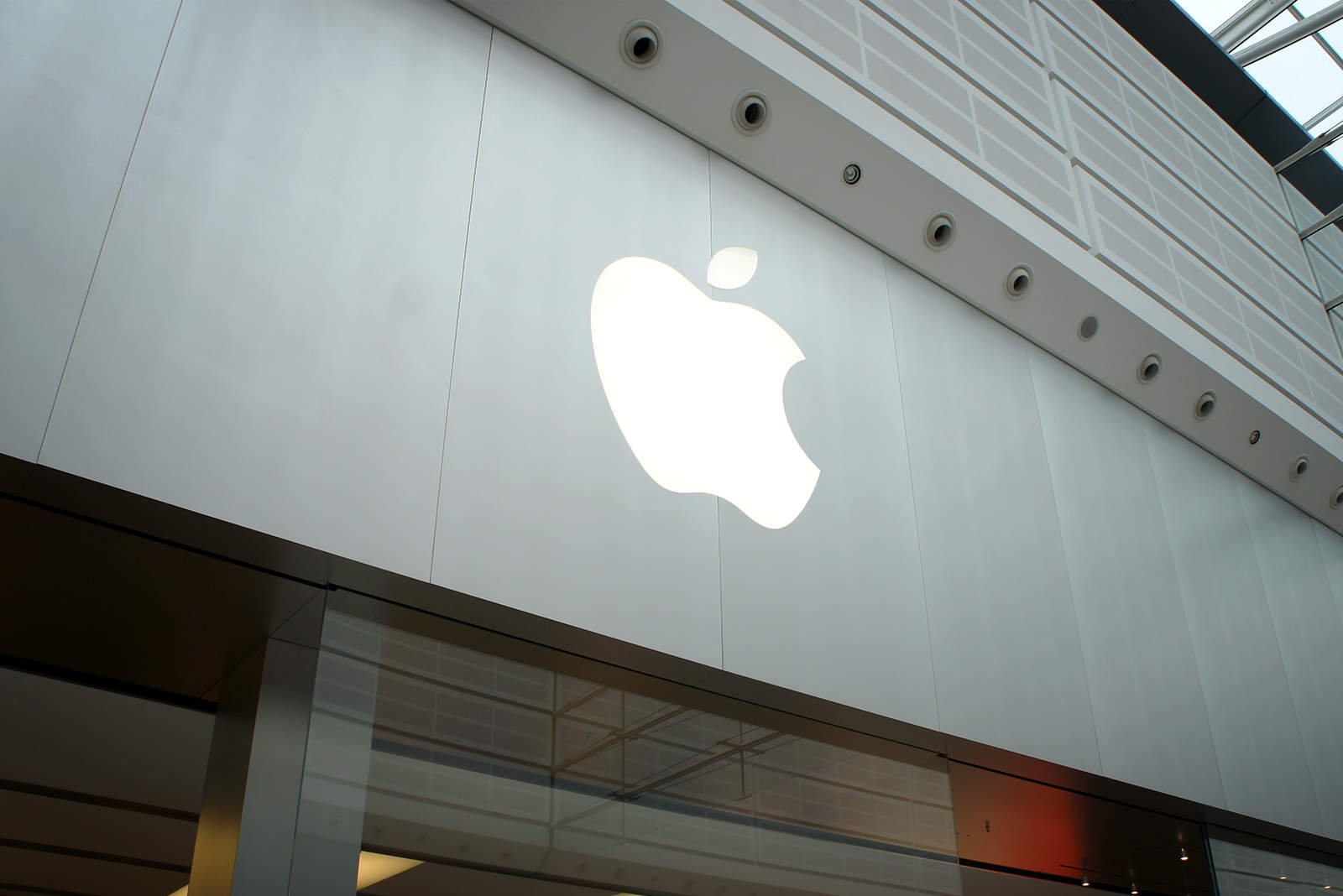

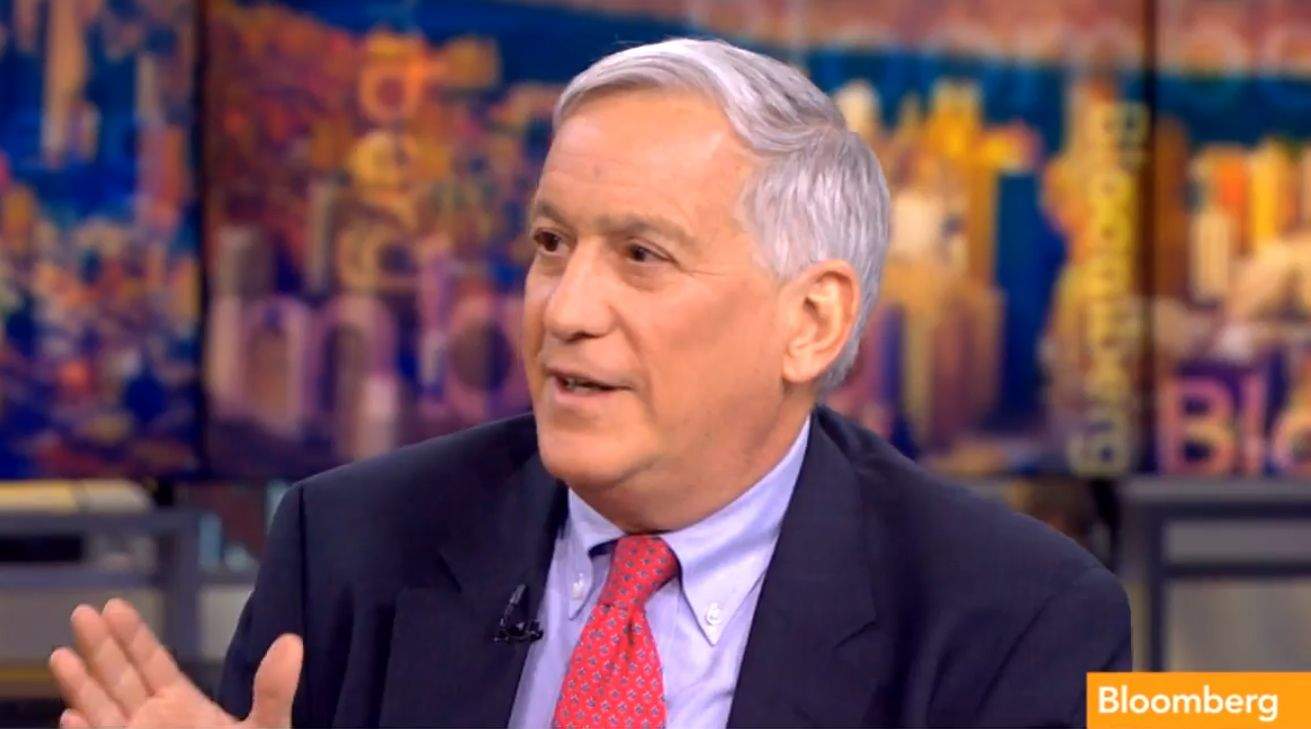

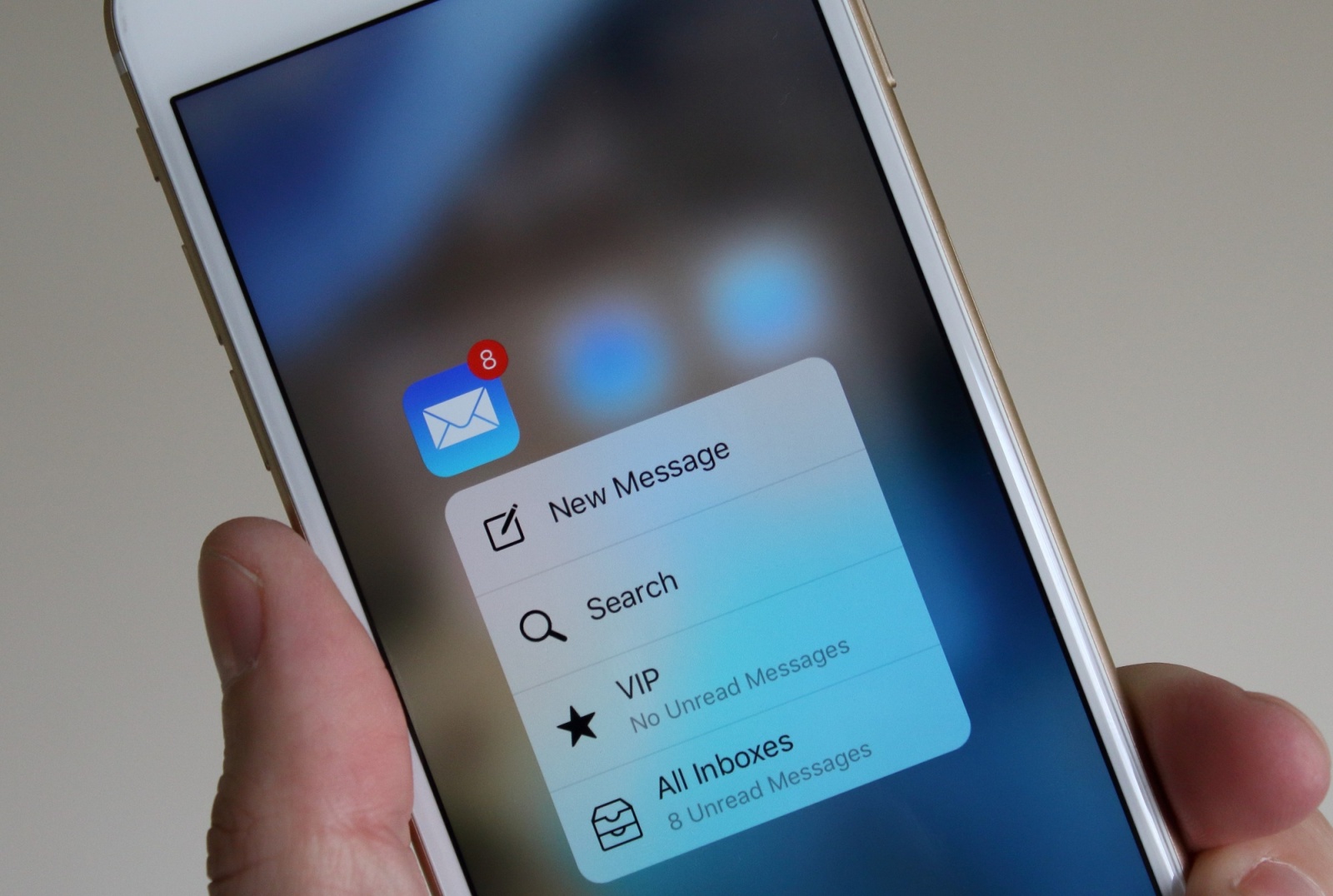
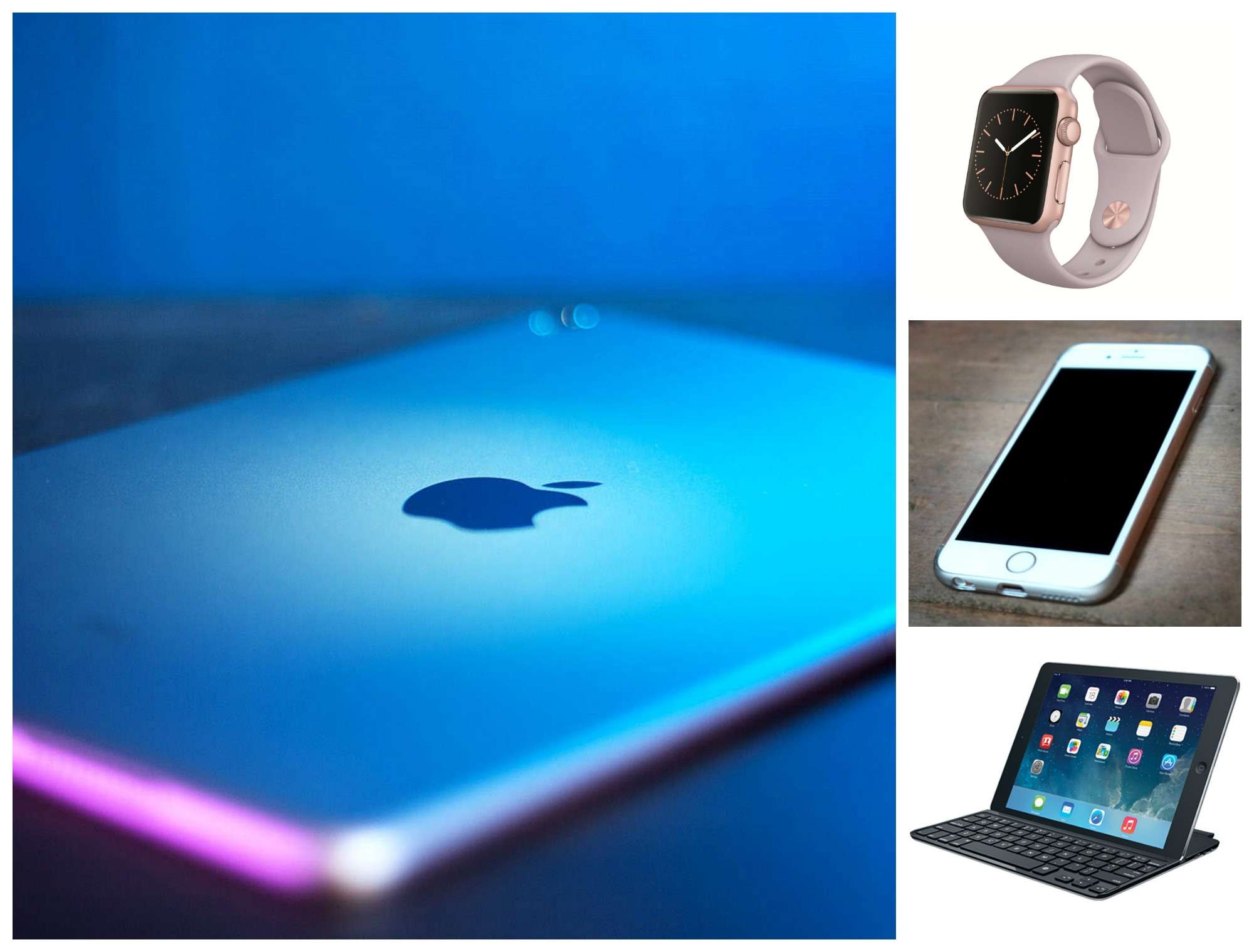

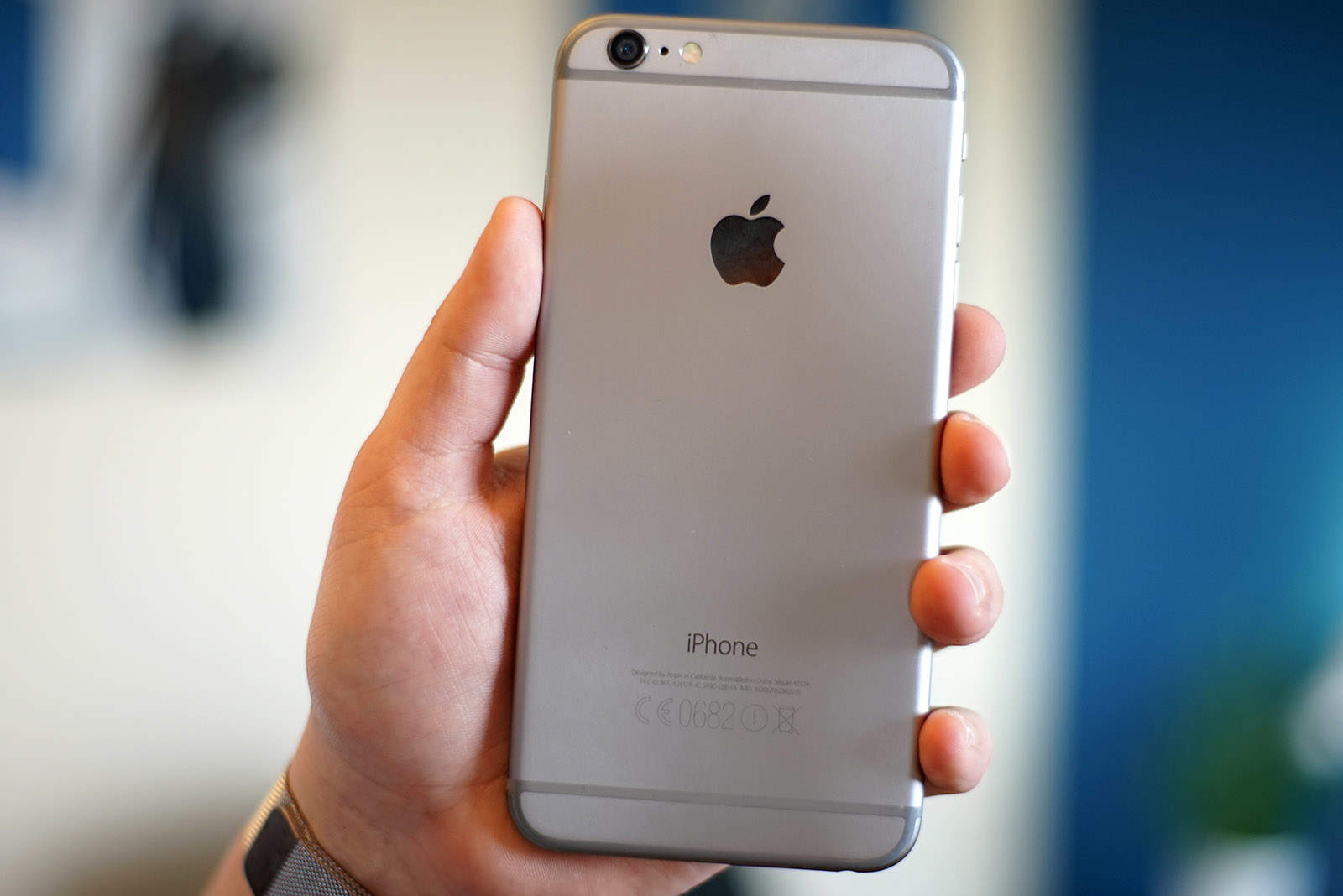

![Everything you need to build and fix awesome gadgets [Deals] iFixit's kit of 64 specialized screwdriver bits will let you fix that device with the proprietary parts.](https://www.cultofmac.com/wp-content/uploads/2016/05/6a02a69067397091cfe38327f78140c18fe01329_main_hero_image.jpg)